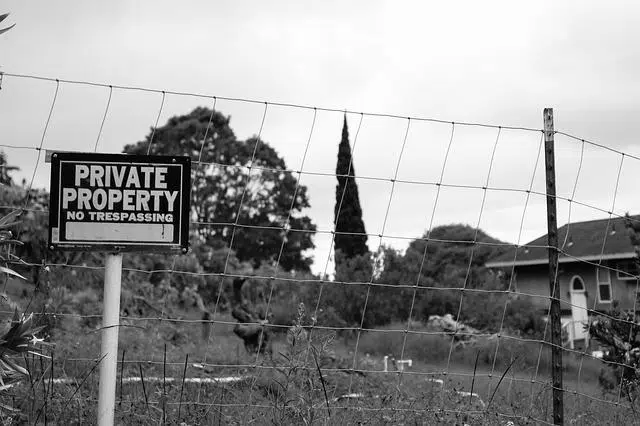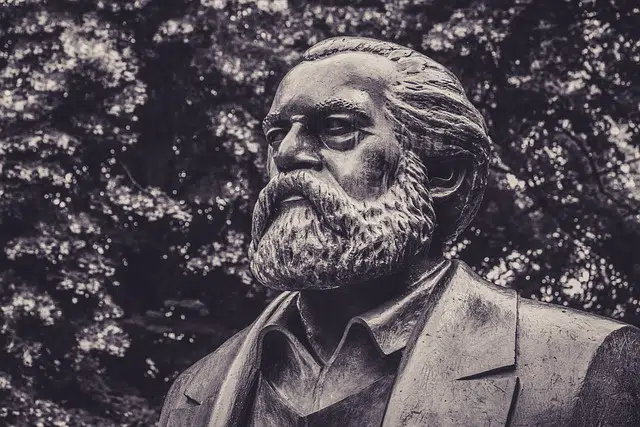
Private property arises when a person has complete legal power over something.
Property is the power or right to own something . The notion is used to name what is an object of dominion within the limits of the law (such as a house) and what is a personal attribute or quality (talent, beauty).
Something private , on the other hand, is what is particular and personal to each individual (and which, therefore, does not belong to state or public property). If a clinic belongs to an entrepreneur, it is a private clinic; On the other hand, if a clinic is under the orbit of the State , we are dealing with a state clinic.
Private property according to law and philosophy
In the field of law, the concept of private property refers to the complete legal power of a person over a thing . The way in which this idea is translated into reality through laws has changed throughout history; as we will see below.
According to philosophy, private property is a right that individuals have and that arises from the foundation that determines that the human being is a being that has by nature ; which means that it is an individual capable of transforming matter: they do not limit themselves to using it, they create new values that until then did not exist. The philosophy affirms that the possibility of owning private property represents protection of the person against the eventual advance of the State and its political leaders.
In ancient times, however, private property was not individual, but collective (tribes or communities). Only since the Middle Ages , with individual possession of land, did this concept begin to develop according to the parameters we know today.

Marxism rejects private ownership of the means of production.
The view of communism
Private property is a term very present in some ideologies. Communism and socialism , for example, maintain that ownership of the means of production must be communal and not individual.
At this point a clarification is necessary. The communist movement has long been criticized for its desire to abolish private property; However, this criticism is based on a distortion of communist ideas.
Communism does not advocate the abolition of private property acquired by people through normal means, which it considers the basis of freedom and individual independence; The type of private property against which it is demonstrated is against the possessions of the petit bourgeois (bourgeois property), which implies the appropriation of surplus value and which causes injustice and exploitation of human beings (from some to others).
Private property and Marxism
In Marx's work, when talking about private property, we are not referring to objects of use (house, car) but to the means of production , private property of the upper classes that generates domination of some humans over others. . In fact, there are two opposing concepts described in "Capital" that can help us better understand the ideas of Marxism ; These are: "capitalist private property" and "private property based on personal labor."
To be more exact, what Marx proposes is the prevention of some individuals with a certain social and economic influence from appropriating the work of others , their faculties or abilities and condemning them to a life deprived of freedom.
One of Marx's favorite words is "self-realization" and he refers to it as the consequence of the true emancipation of man; the point at which the individual clings to his rights and his production, without anyone being able to prevent him. Furthermore, in this self-realization the individual contributes to social and natural balance, collaborating with a just society, without a proletariat and where freedom is no longer a utopia.
